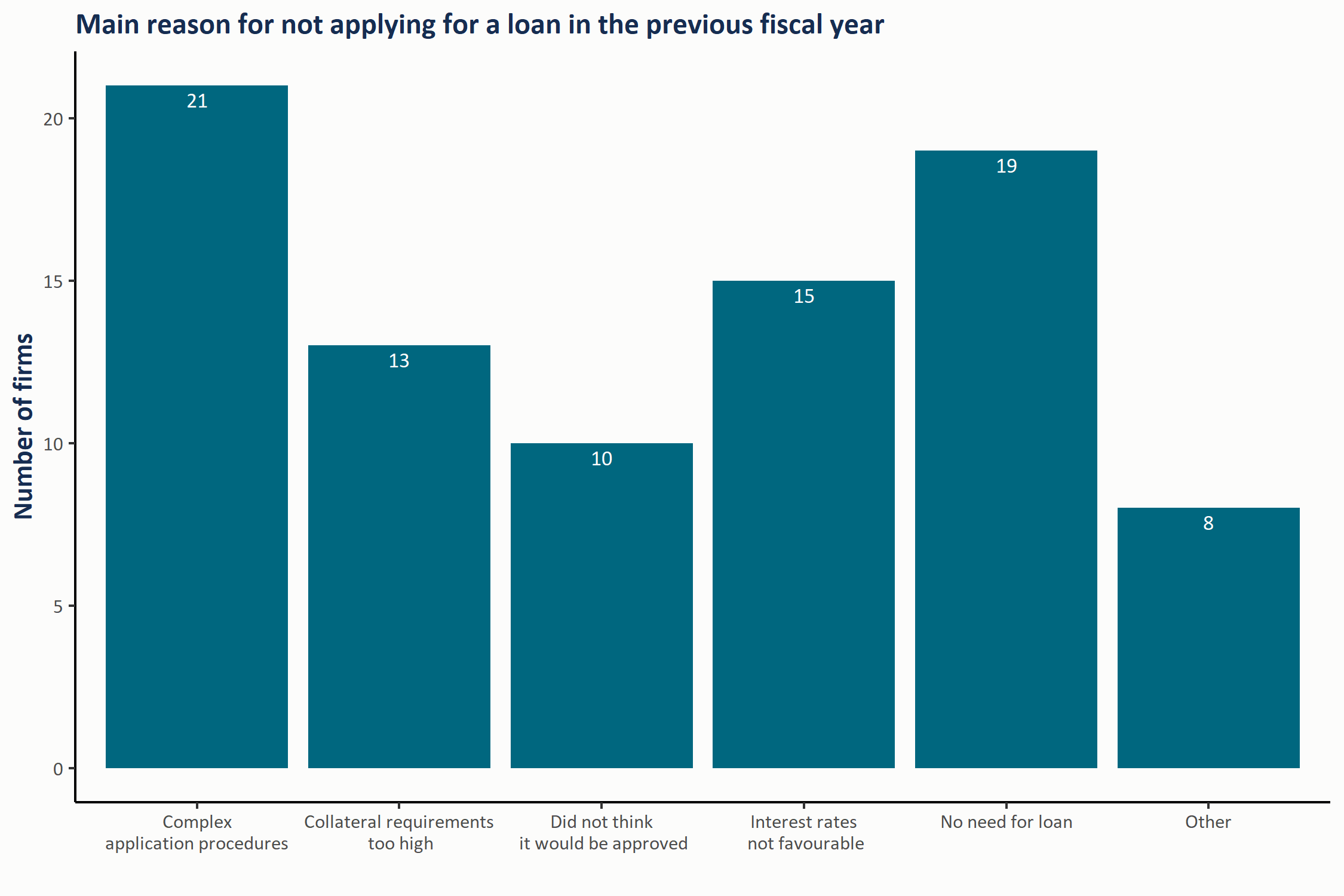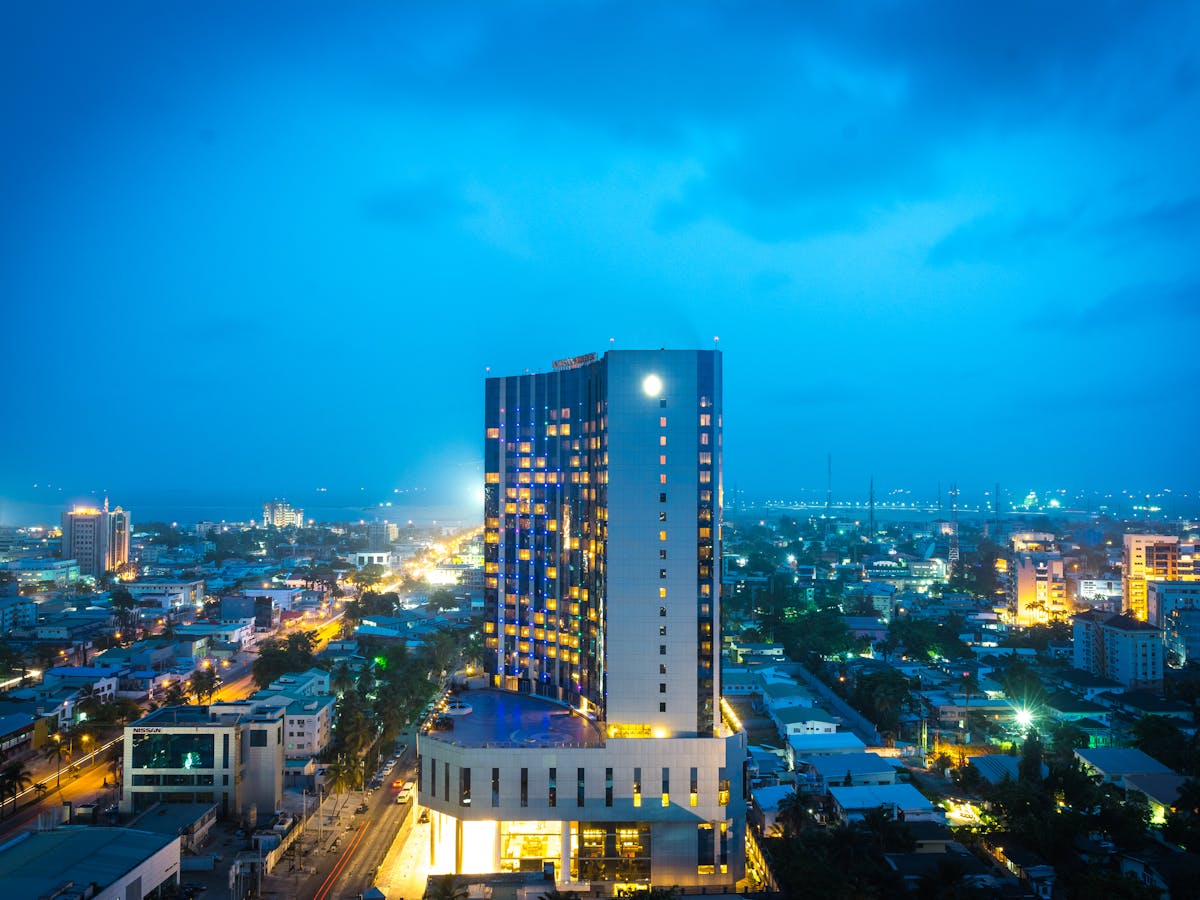Entrepreneurship refers to the process of starting and running a business, especially when it involves taking risks in order to bring an innovative idea to the market. Nigeria and South Korea are two countries with very different histories and economic systems, but both have a thriving entrepreneurial culture. In this essay, we will compare entrepreneurship in Nigeria and South Korea, looking at the challenges and opportunities faced by entrepreneurs in each country, as well as the overall business environment.
One of the main differences between entrepreneurship in Nigeria and South Korea is the level of economic development and technological advancement. South Korea is a highly developed country with a strong economy, advanced infrastructure, and a highly educated workforce. This provides a more favorable environment for entrepreneurs, who can access resources such as funding, mentorship, and market research more easily. In contrast, Nigeria is a developing country with a weaker economy and less developed infrastructure, which can make it more challenging for entrepreneurs to start and grow their businesses.
Another difference is the level of government support for entrepreneurship. In South Korea, the government actively promotes entrepreneurship as a way to drive economic growth and innovation. This support includes initiatives such as incubators, accelerators, and funding programs for startups. In Nigeria, the government has also made efforts to support entrepreneurship, but these efforts have often been limited by corruption and lack of resources. As a result, many Nigerian entrepreneurs have to rely on their own networks and resources to start and grow their businesses.
Despite these challenges, entrepreneurship in Nigeria is thriving, with many young people starting their own businesses in sectors such as technology, fashion, and retail. One of the main drivers of entrepreneurship in Nigeria is the high unemployment rate, which has led many young people to seek out entrepreneurial opportunities as a way to create their own job opportunities. Additionally, Nigeria has a large and growing population, which provides a large market for entrepreneurs to sell their products and services.
In South Korea, entrepreneurship is also flourishing, with a strong culture of innovation and a high level of investment in research and development. South Korean entrepreneurs are known for their ability to turn ideas into successful businesses, and the country has a thriving startup ecosystem with incubators, accelerators, and angel investors providing support for new ventures. South Korean entrepreneurs also benefit from a strong legal system and well-developed financial sector, which make it easier to start and grow businesses.
Overall, entrepreneurship in Nigeria and South Korea has its own unique challenges and opportunities. In Nigeria, entrepreneurs face a more challenging business environment, with weak infrastructure and limited government support. However, the country has a large and growing market, as well as a high level of entrepreneurial spirit and creativity. In South Korea, entrepreneurs have a more favorable business environment, with advanced infrastructure, strong government support, and a culture of innovation. Both countries offer a range of opportunities for entrepreneurs, and the success of these ventures will depend on the determination and creativity of the entrepreneurs themselves.






